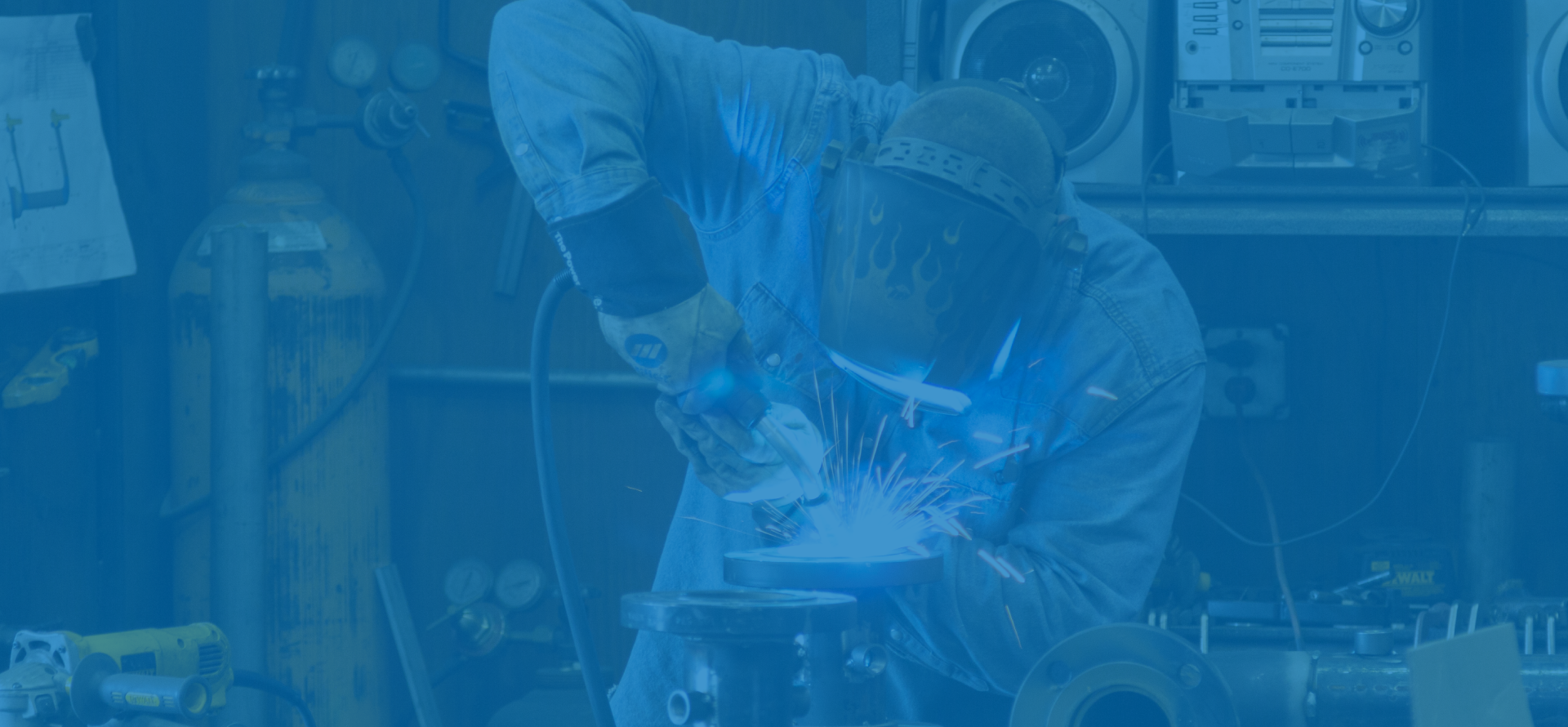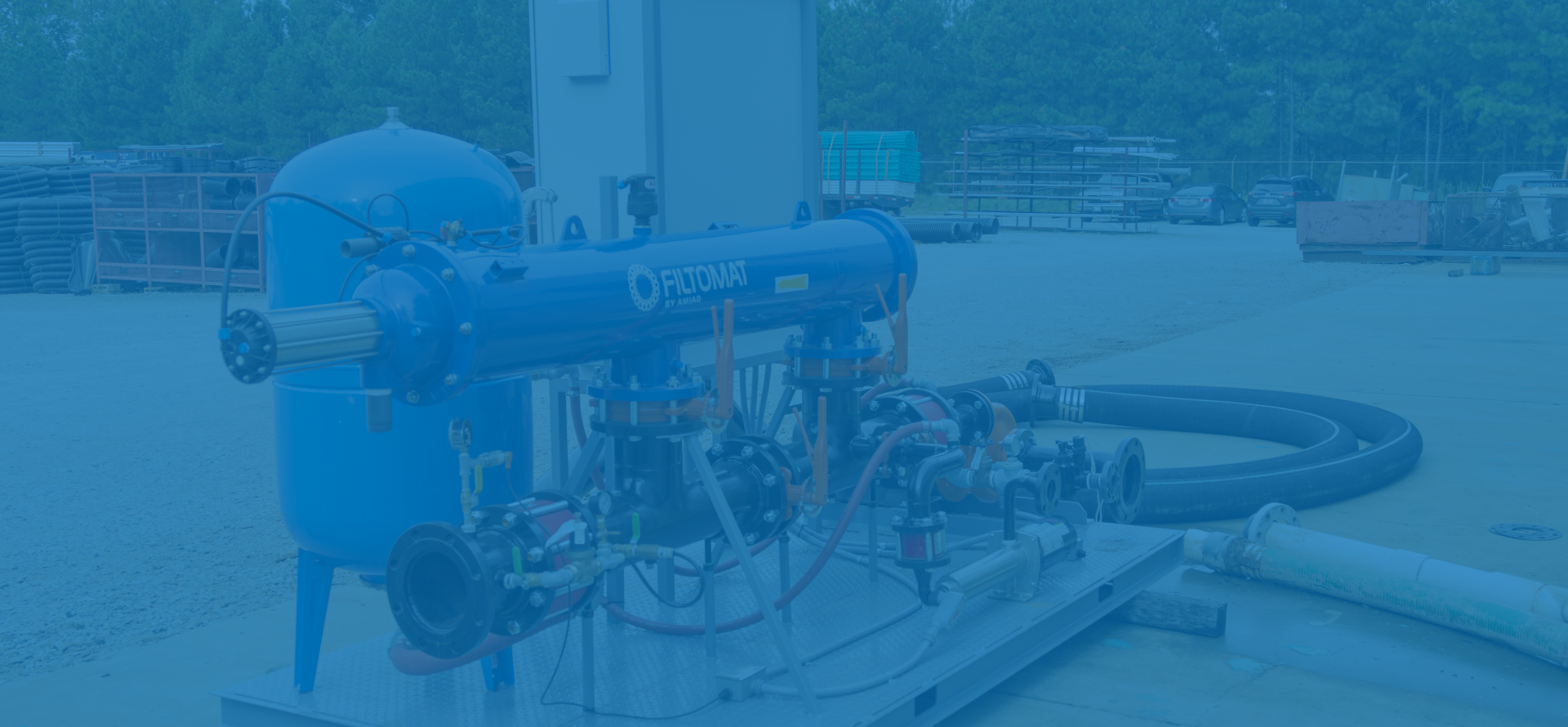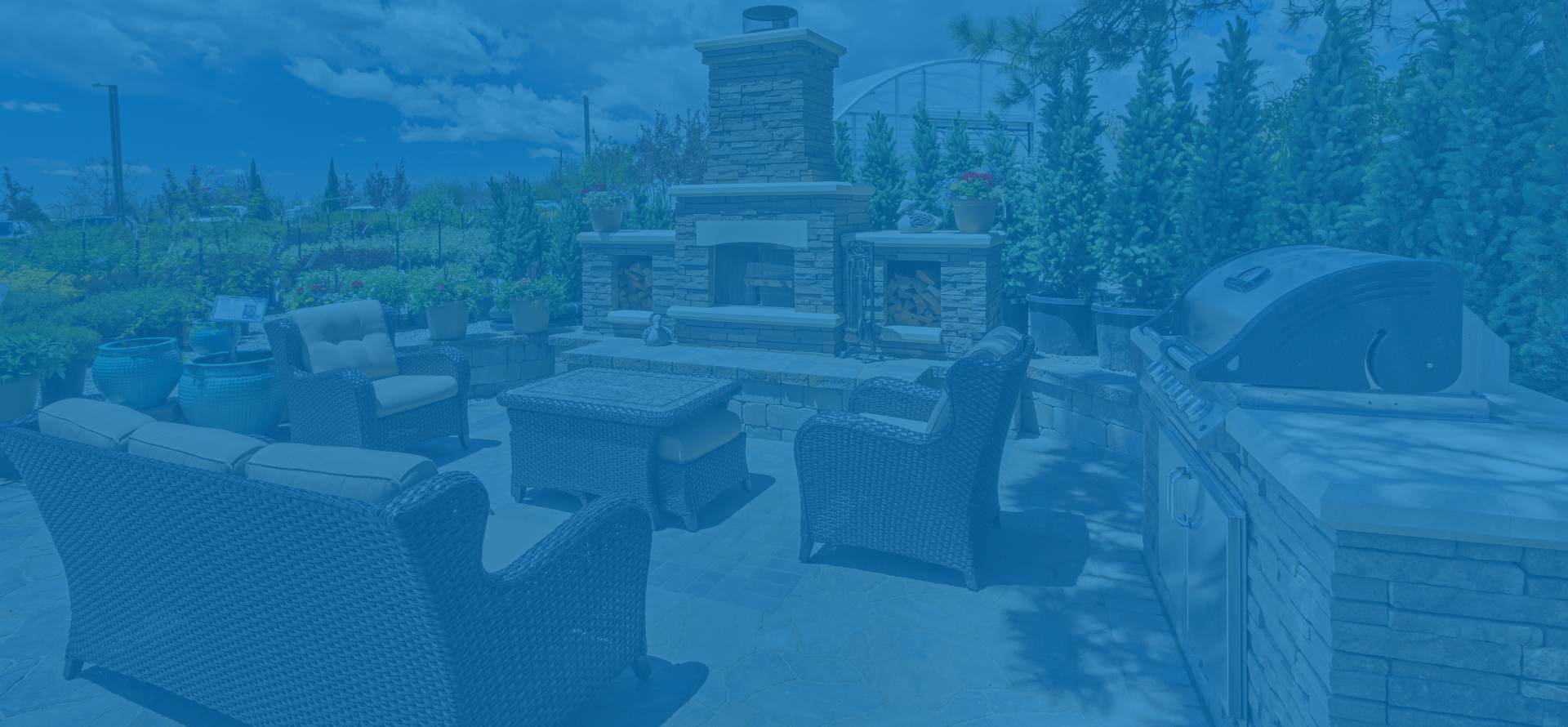Irrigation System Winter Wonderland
John Boazman
It’s that time of the year again when we all start to getting ready for the holidays. In South Carolina we don’t get much frozen precipitation that makes for the perfect post card picture commonly associated with this time of the year. For that reason, many people must feel the need to keep their automatic irrigation systems turned on during freezing conditions.
As an irrigation designer and distributor, I often get the question “How do I keep my automatic irrigation system from running and laying a sheet of ice on the sidewalk and street during freezing weather?”
This is a very common problem throughout the country. I live in a warmer part of South Carolina, but this morning temperatures were in the teen as I made my way to work. Along the way, I encountered four irrigation ice patches on the road. The culprit of these icy patches stemmed from sprinklers throwing onto the highway during freezing temperatures. These irrigation ice patches ranged from a few feet into the first lane to a 20 foot section running across four lanes of traffic. I also noticed another irrigation system spraying across a sidewalk and into the road near a school.
So many questions come to mind when I see irrigation ice. How can these property owners and managers be so uncaring about the danger they are causing to others? Why doesn’t our state and county safety divisions enact laws and serve fines for these public hazards? Aren’t these people concerned about law suits from accident victims?
As an irrigation designer and distributor, I can’t believe these people are so willing to buy potable water just to throw it into the highway. Ok, so they don’t care about anybody else or our environment, surely they care about they own wallets. First and foremost they need to adjust or move their sprinklers. They’ll never need to grow anything in the highway and water on the road is a hazard in any weather. I did see one area that the sprinklers did not throw into the road, but because they were operating at too much pressure, a light mist was drifting onto the road causing a thin layer of ice.
After your sprinklers are properly adjusted and your pressure regulated, there are easy preventative measures you can take to eliminate irrigation ice. There are simple add on devices known as rain and freeze sensors that can be added to your irrigation controller. These simple devices will turn off your irrigation during freezing conditions or during a rainfall event. When temperatures fall below 37° F, freeze sensors will prevent the irrigation controller from turning on any valves. Rain sensors work in the same way and prevent irrigation systems from running once a predetermined amount of rainfall is recorded. These types of sensors save money and limit possible lawsuits from irrigation ice causing unwanted accidents.
Every automatic irrigation system should have a combination rain and freeze sensor for the reasons mentioned above. Another way to conserve irrigation water and limit unnecessary watering is by using a smart irrigation controller. These types of irrigation controllers use weather stations and soil moisture sensors to apply the proper amount of water to your landscape. Typical water savings are between 20-50%. These types of irrigation controllers include a rain and freeze sensor, but also determine how much water needs to be applied to the landscape. Because they are “smart” irrigation controllers, they receive feedback from either a weather station or soil moisture sensor.
These types of irrigation controllers save time, money and water by only applying water when needed. Click below to learn more about various components available to make your irrigation system smarter.








